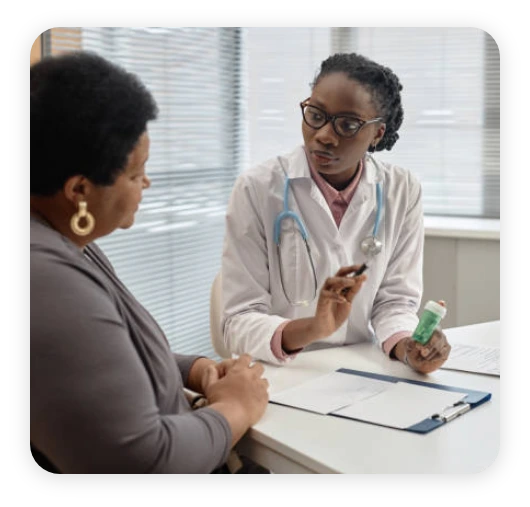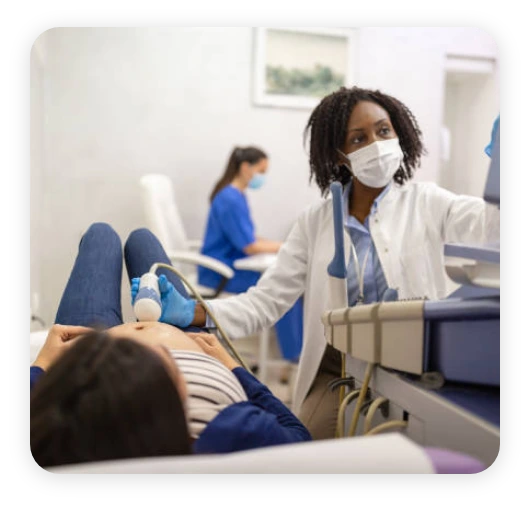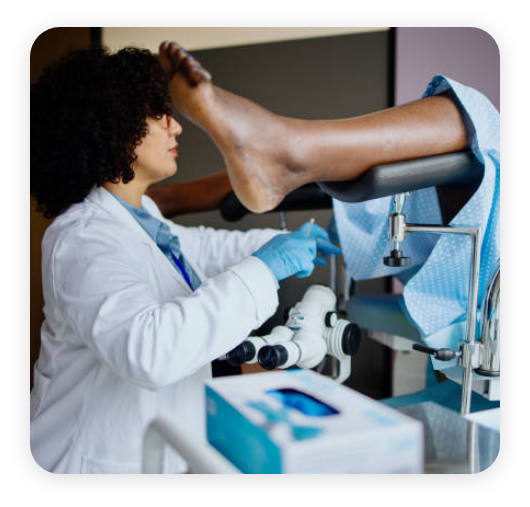Pap smear is a screening test for cervical cancer. Women typically start getting them at age 21 and should have one every three years. After age 30, the frequency may be reduced based on Pap and HPV co-testing results.
Specialized Care For Women's Health
Pap Smear
Family Planning
Vitamin B Injection
Vitamin B12 Incection


Service 1
Well-Woman Exams
Regular well-woman exams are crucial for maintaining your overall health. Our experienced healthcare providers conduct thorough examinations, including pelvic exams and breast screenings, to detect and address any potential health concerns.

Service 2
Family Planning and Birth Control
Health Now Clinic offers personalized family planning consultations, providing information on various birth control options. Our team will work with you to find the method that aligns with your lifestyle and family planning goals.

Service 3
Prenatal and Postnatal Care
We provide comprehensive care for expectant mothers, from prenatal visits to postnatal support. Our goal is to ensure a healthy pregnancy and support your well-being during the postpartum period.

Service 4
Gynecological Concerns
Whether you're experiencing menstrual irregularities, pelvic pain, or other gynecological issues, our healthcare professionals are here to address your concerns with sensitivity and expertise.

Service 5
STI Testing and Counseling
Health Now Clinic offers confidential testing for sexually transmitted infections (STIs) and provides counseling on prevention and safe practices. Your health and well-being are our top priorities.
FAQs
Symptoms include frequent urination, pain or burning during urination, and cloudy urine. To prevent UTIs, stay hydrated, practice good hygiene, urinate after sexual activity, and avoid delaying bathroom trips.
Key nutrients include calcium, vitamin B, B12, vitamin D, iron, folic acid, and omega-3 fatty acids. A well-balanced diet with a variety of foods is crucial, but supplements may be recommended based on individual needs.
Common symptoms include hot flashes, night sweats, and mood changes. Management options include hormone therapy, lifestyle changes, and medications to alleviate specific symptoms.